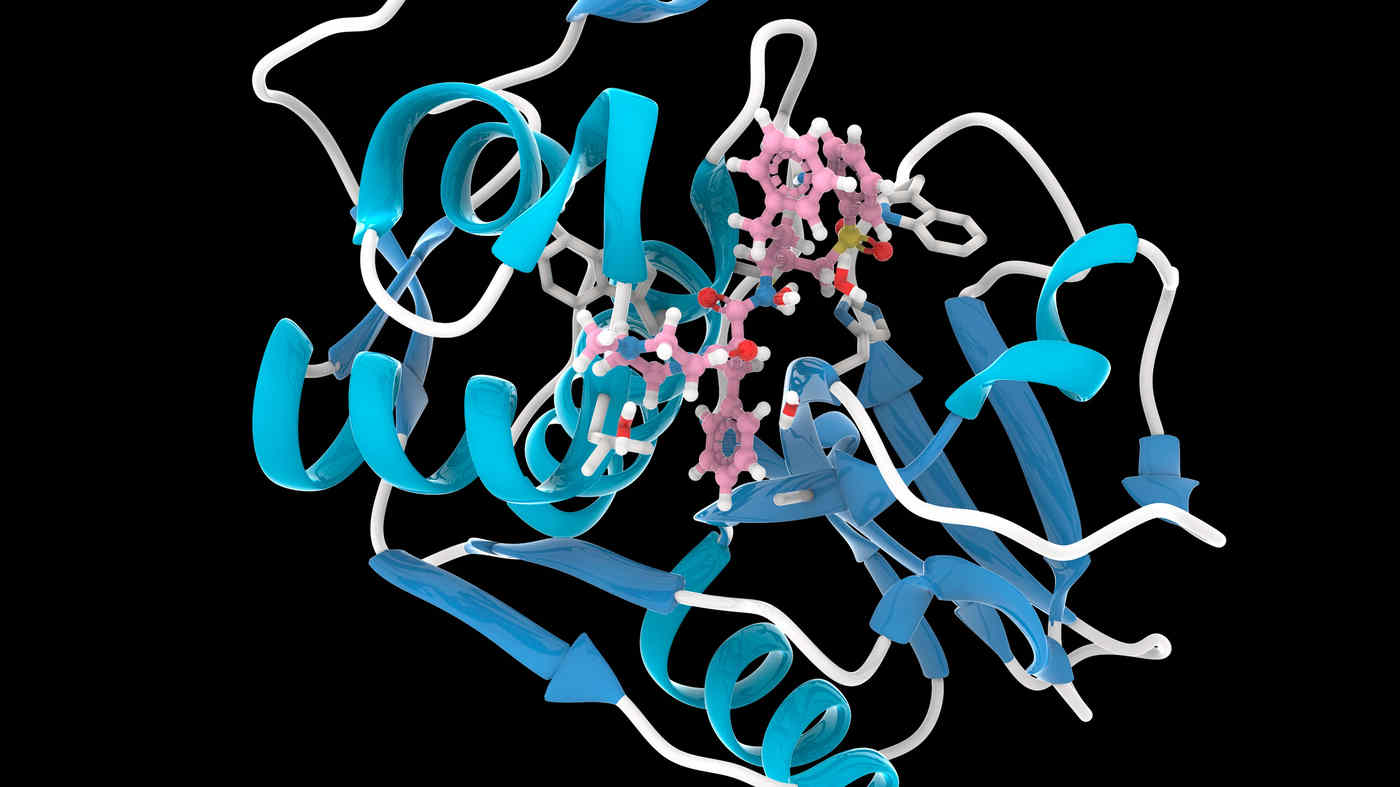
@ShahidNShah


The treatment for acute sleeping sickness, historically brutal, has seen a breakthrough with the oral medication fexinidazole, previously successful in treating chronic sleeping sickness. Symptoms include fever, aches, disrupted sleep, aggressiveness, and psychosis. Prior therapies involved invasive procedures and toxic injections, with up to a 10% fatality rate. The European Medicines Agency's positive opinion is based on a clinical trial showing a 10-day fexinidazole course cured 97% of acute sleeping sickness cases. Challenges remain, including surveillance, diagnosis, and potential outbreaks, emphasizing the ongoing need for effective treatments. Fexinidazole's safety offers hope for broader treatment acceptance, although the fight against sleeping sickness continues, especially in remote areas.
A groundbreaking development in treating acute sleeping sickness emerges with the oral medication fexinidazole, previously effective for chronic cases. Symptoms, including fever and disrupted sleep, historically led to invasive and toxic treatments, often fatal. The European Medicines Agency's positive opinion is based on a clinical trial showing a 97% cure rate with a 10-day fexinidazole course. Challenges persist in surveillance and diagnosis, raising concerns of potential outbreaks. Fexinidazole's safety offers optimism, yet the battle against sleeping sickness remains, underscoring the need for effective treatments, particularly in remote regions.
Continue reading at npr.org
The rise of telemedicine amid the Covid-19 pandemic has transformed healthcare delivery, offering both pros and cons for professionals. Telehealth provides flexibility and control over work schedules, …
Connecting innovation decision makers to authoritative information, institutions, people and insights.
Medigy accurately delivers healthcare and technology information, news and insight from around the world.
Medigy surfaces the world's best crowdsourced health tech offerings with social interactions and peer reviews.
© 2025 Netspective Foundation, Inc. All Rights Reserved.
Built on Apr 17, 2025 at 6:07am